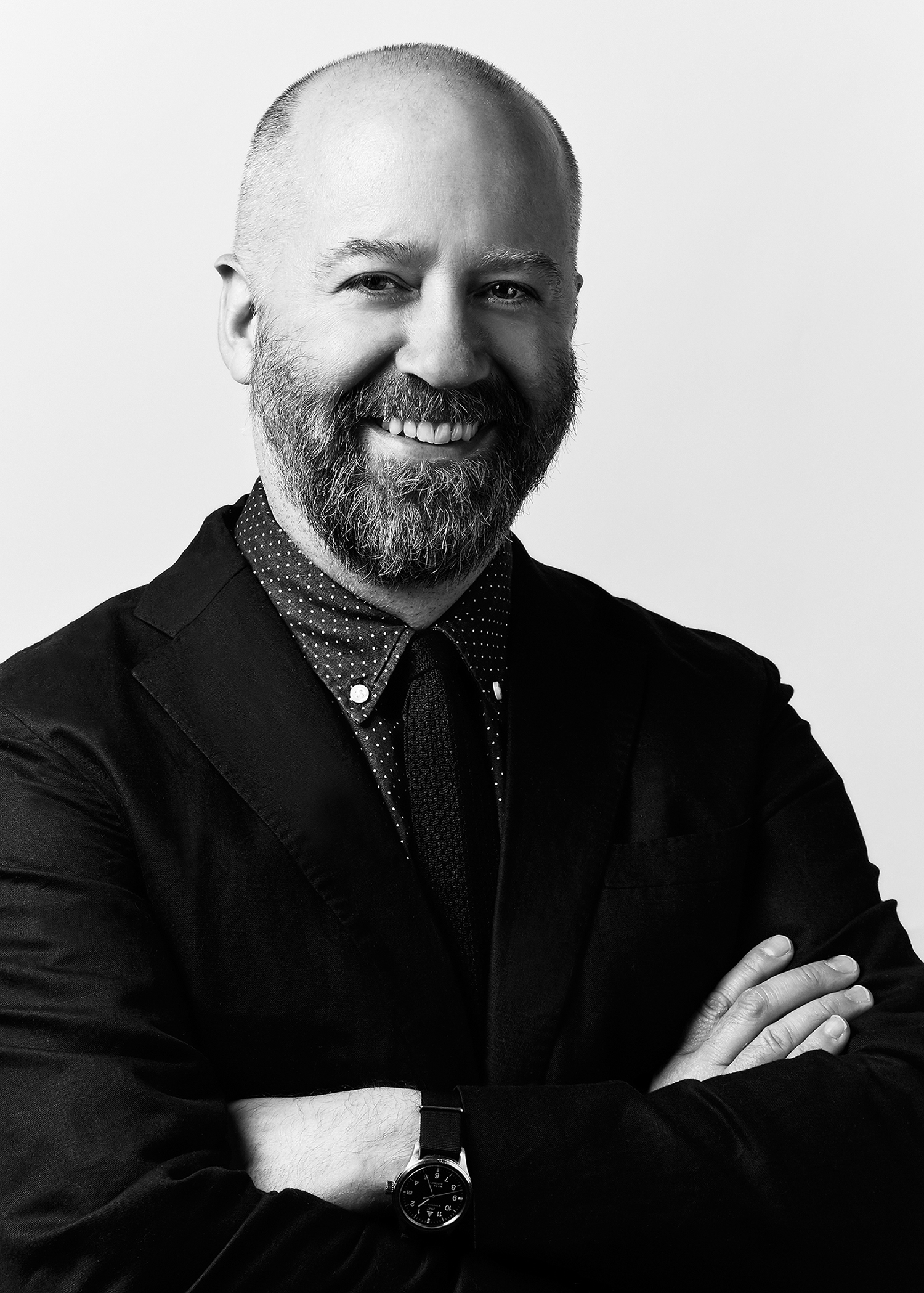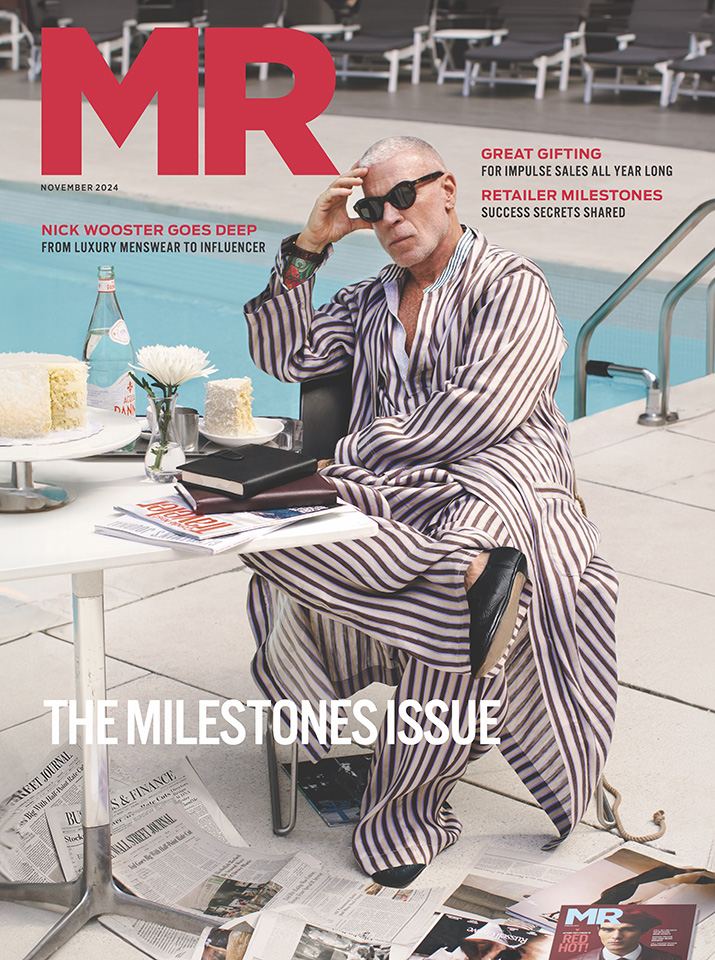Self Edge: Growth in a Niche Market

Seven years ago, rockabilly-obsessed Kiya Babzani and his wife Demitra opened Self Edge in San Francisco, a small denim shop dedicated to bringing Japanese brands to the American market. Three years later, he opened a Self Edge store in New York City. He thought he was done until he learned about a great 2,000 sq. ft. space in Los Angeles; that location opened in 2010.
This month Babzani opened a fourth Self Edge location, in Portland, Oregon. The 700 sq. ft. store is in a new downtown retail development called Union Way near Powell’s Bookstore. Self Edge is joined there by a new Steven Alan shop and the new Danner Boot flagship—all good company for the raw denim specialist.

The Self Edge concept is unique. “We have about 15 Japanese brands that are exclusive to us for the American market,” Babzani explains. “A couple of the brands we carry that aren’t Japanese are 3Sixteen, a 10-year-old brand out of New York City that does mostly denim, and Roy, a denim brand from Oakland, California.”
When Babzani opened the first Self Edge store, he was running two sportswear shops that sold brands like Nike, Vans and New Balance. “I learned that it’s impossible to compete with larger retailers that sell the same brands,” he recalls. “I realized opening a store with brands no one else could carry would remove that competition. The Japanese were doing these reproductions of old American goods and one outside Japan and Hong Kong was selling this stuff. So we signed exclusive deals with all these great Japanese brands. Of course the flip side is that no one has ever heard of any of them, so there’s no brand recognition.”
But three stores later, that hasn’t seemed to be a problem. Babzani is realistic about his niche space in the market. “Raw denim took off about ten years ago and it peaked about five years ago,” he says. “On the mass scale, there’s a limit to how much raw denim you can sell so the big brands are going back to washed stuff. We’re outside of that.”
He doesn’t believe in pre-distressed apparel. “You wouldn’t buy a brand new car or a watch that has dents and scratches. I don’t understand why people buy jeans with holes and rips; even rinsed jeans don’t make sense to me. Why would you take a fabric and break it down with chemicals? It’s an added process with added costs.”
For Self Edge, it’s about quality first—not merely an infatuation with Japanese brands or an obsession with raw denim. “We’re not really a business trying to sell raw denim as much as we’re a business selling the highest quality. We believe that you cannot buy higher quality belts, wallets, shirts and jeans than we sell. Of course you’re going to pay for it—the labor costs in Japan are among the highest in the world.”
Price points run from $215 to $450 for jeans, with most falling between $330 and $375.
Standout Japanese brands include Strike Gold, which makes T-shirts and sweat shirts using rare vintage loopwheel looms and selvedge denim, and Stevenson Overall Company, the only single-needle production company in the world. “It’s influenced by pre-1930s jean fabrication, before the chain-stitching, belt-looping and bar-tacking machines were invented,” says Babzani.
The most popular jean is the Iron Heart 634S ($350 retail). “That’s been our best-selling jean since we opened seven years ago,” says Babzani. “People love the fit and the fabric. It’s one of the only sanforized jeans we sell, so there’s no need to soak it before wearing.”
There is some variability in sales by region, Babzani says. Flannel shirts do better on the West Coast and pea coats and other outerwear do better on the East Coast.




